Theoretical perspective on early planet formation
- 1Ludwig Maximilian University of Munich, University Observatory, Department of Physics, Munich, Germany (joanna.drazkowska@lmu.de)
- 2Max Planck Institute for Solar System Research, Göttingen, Germany
With the increasing observational capabilities of the young stars and their surrounding disks bringing new constraints on the planet formation process, planet formation theory is undergoing major changes. One of the significant paradigm shifts is the belief that the first planetary cores start forming early, possibly during the circumstellar disk buildup process.
I will review the current understanding of planet formation, including dust growth to pebbles, formation of the first gravitationally bound planetesimals, and the growth of planetary cores by accretion of planetesimals and pebbles. I will highlight the possible pathways to early planet formation, stressing that the planet formation process may not be spatially uniform in the disk and that there are preferential locations for the formation of the early planetesimals and planets, such as the water snow line or dust traps.
How to cite: Drazkowska, J.: Theoretical perspective on early planet formation, Europlanet Science Congress 2022, Granada, Spain, 18–23 Sep 2022, EPSC2022-259, https://doi.org/10.5194/epsc2022-259, 2022.

